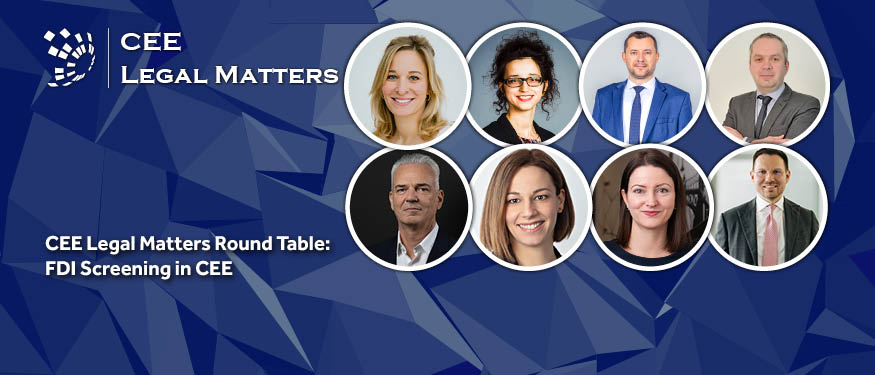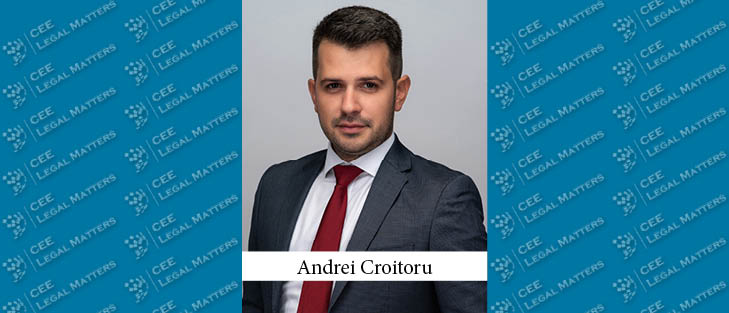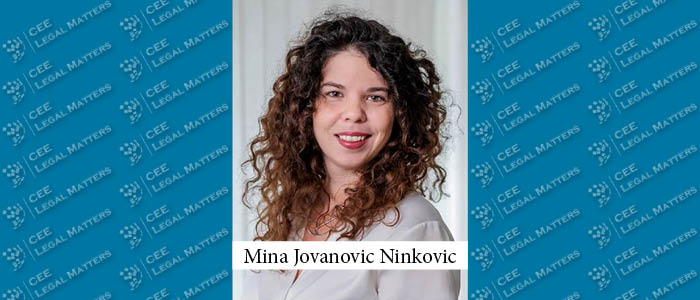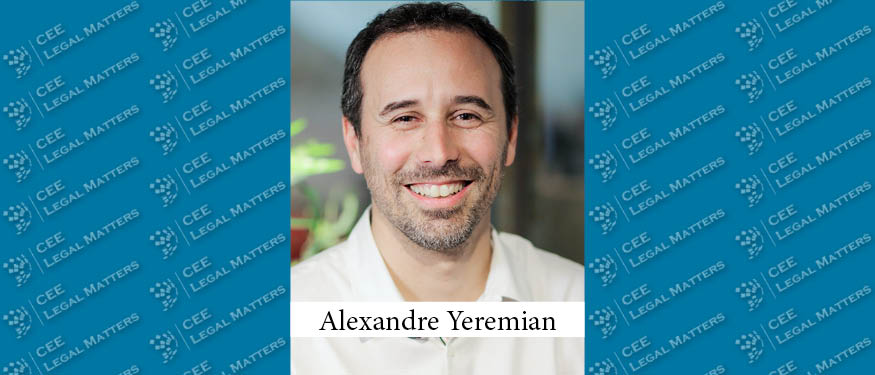In The Corner Office, we invite Managing Partners at law firms from across the region to share information about their careers, management styles, and strategies. Our question this time: “What mistake do young associates commonly make that is most frustrating for you?”
Uros Ilic, Managing Partner, ODI Law, Slovenia
Instead of focusing exclusively on mistakes, I would initially rather single out the excellence of my team in remedying mistakes. Mistakes are inevitable, and at some point everybody commits them, but not everybody learns from them. As the managing partner I put a lot of effort into training my team – particularly the young associates. Freshly graduated, they are full of theoretical knowledge and brimming with enthusiasm, thinking that may carry them straight to the top. However, our trade does not boil down solely to having a good grasp of theoretical skills. Looking perhaps one step too far ahead, young associates often overlook the small core daily routines of law practice, such as being precise at drafting. For instance, when working on a template of a lawsuit they may forget to change the names of the parties or the date of the statement. Once identified, such mistakes can offer a good learning experience for the “culprits” – if they are willing to learn from that. I personally prefer seeing them learn from such mistakes on their own rather than reverting to warning them, as I believe that once they learn from such mistakes they will firmly grow into their roles. Last but not least, I also firmly believe that mistakes borne of genuine effort are not intentional.
Mykola Stetsenko, Managing Partner, Avellum
It is not frustrating, but avoiding communication with partners is a very common mistake that young associates most often make. I know it may be frightening to talk to a busy partner, but it is really important to find a moment every few weeks to stop by a partner’s office for a quick chat. This will help an associates get a better feel of a partner (what he does, how he thinks, etc). It also helps a partner to understand how an associate is developing and determine whether she needs any help or guidance.
Erwin Hanslik, Managing Partner, Taylor Wessing Prague
When remembering my own start, I know it would be unfair to expect a junior associate to be a legal expert. Of course, that would be great – but usually, while they have a certain overview of theory from their university studies, they lack practical experience. In my first meeting with junior associates, I always assure them that I assume preparing legal material will take them – at least at the beginning – more time than it would an experienced lawyer. Since much of our law firm’s collective experience and know-how is to be found in our own master agreements, it would be nonsense for them always to try to start from scratch. Therefore, rather than having them put great effort into “reinventing the wheel,” I encourage them to ask questions about established practices when they arise. Therefore, if I have the feeling that associates are ignoring this request and attempting to draft new contracts, opinions, etc., I do get frustrated.
Rastko Petakovic, Managing Partner, Karanovic & Nikolic
Actually, there’s only one thing I find frustrating about young associates. I don’t mind them asking many questions or requiring personal attention, but what I find difficult to understand or accept are their reactions when they make a mistake. When faced with a mistake which is usually a result of an inability to see the big picture, they usually either get defensive or start demeaning their efforts altogether. I try to encourage them to lower their barriers of defense and accept mistakes as a learning experience, which they are. Having said that, I really enjoy working with young associates, trying to teach them about the wider context of business, client communication, time management, and especially project management skills. It is a thoroughly rewarding experience, a learning process for both sides, and I consider myself very lucky to have that opportunity on a daily basis.
Vladimir Sayenko, Managing Partner, Sayenko Kharenko
All people make mistakes and law firms traditionally have control mechanisms that are designed to mitigate human factors. Smart people learn from their mistakes and this makes them more experienced and wise. The most frustrating issue for young associates is fear of making mistakes. This can make them reluctant to accept responsibility, which can slow professional development.
We try to address this by screening large numbers of potential candidates, including via our student summer school. This allows us to monitor candidates over an extended period of time and offer a secondment or permanent employment only to the most proactive and talented candidates.
Another issue is heightened expectations. Many ambitious young lawyers have gained a false impression of the legal profession from countless Hollywood depictions and TV serials like “Suits.” They expect to be working on multibillion dollar transactions from Day One. This can lead to frustrations when they are confronted by the reality of building a career in the legal industry.
Zoltan Faludi, Managing Partner, Wolf Theiss Budapest
At Wolf Theiss, we believe in developing each of our young attorneys into skillful practitioners. Therefore, mentoring young associates and continuous improvement of the professional quality is of utmost importance to us.
Sometimes a partner/senior colleague does not provide sufficient information and adequate instructions to a young associate on how to cope with a given task. Mistakes are a natural part of learning, and sometimes we make them despite our ability or best intentions. But we always encourage junior lawyers to ask questions and interrogate senior colleagues or their mentors until their assignment is crystal clear.
In the light of the above, the most annoying mistakes are those that could be avoided if young colleagues would ask even repeatedly and timely at the beginning of the delegated task in order to understand the task clearly. If an assignment is not delivered in time or in a proper way just because a junior associate does not dare to ask questions, thereby misunderstood the task, is definitely one of the most frustrating things.
We all have to learn to be brave and raise questions and seek clarity from superiors in a timely manner.






















